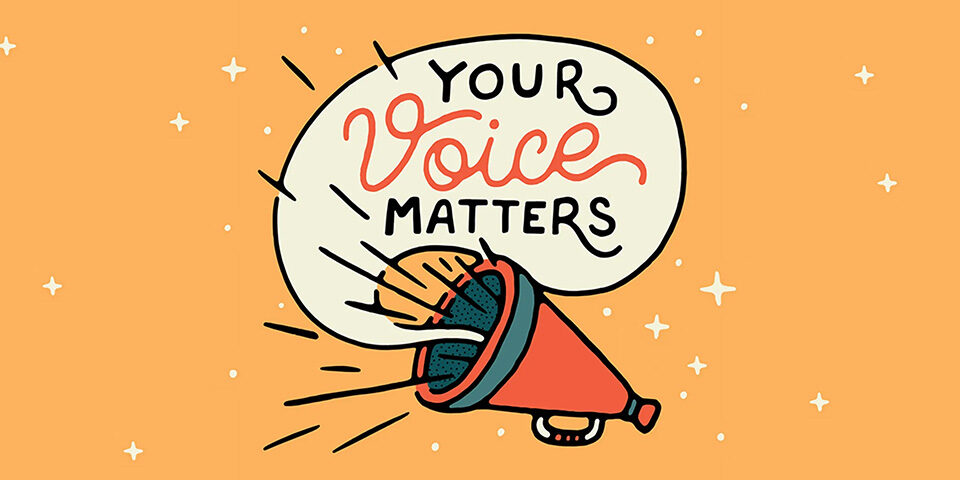
When we first come into the program of Alcoholics Anonymous we are introduced to the practical aspects of service such as, making coffee, reading chapter 5 at the meeting, leading the meeting, and eventually becoming secretary of the group, and for the person who has had “fear of responsibility”, when that 6 month obligation comes to an end, they are all too happy to give it up.
These little preliminary responsibilities are just like training wheels and somewhere down the road we ask that same person to take that job again, and things aren’t nearly as scary as the first time. These little activities are a veiled approach to taking that person out of his comfort zone and show them that they had nothing to fear in the first place.
The next thing I see when we take on service commitments is that our Ego does not want us doing these things. It wants us to make up excuses for why we can’t do it and seems to have something to do with “fear of commitment”. A new person must be assured that they can’t mess up an AA meeting and there is nothing to be afraid of; they always have a room full of people willing to help for they have been there themselves. This all helps us begin the process of taking our lives back from our Ego and that guy doesn’t give up easily.
Service doesn’t always come by way of a formal commitment but neither does neglect; a word I seldom ever hear being used in the rooms of AA. We know how to open a door for someone and how a gesture like that can warm our hearts ever so slightly and we never regret that we did it.
Alcoholics Anonymous is often referred to as an education in the art of living
We alcoholics have spent a lifetime neglecting those little informal acts of service and as the result, there’s not too much to like about ourselves. It cost us nothing to open a door or to make our bed or to return a shopping cart back to the rack, and what is to stop us from doing these things? You got it: Our Ego.
Alcoholics Anonymous is often referred to as an education in the art of living. The things we learn in the program are meant to be taken with us out into the community at large. As the result of the early service commitments, that we are encouraged to perform, our confidence is restored, if only a little at a time, and we can face the risks and challenges that we used to avoid.
Service commitments and gestures are what I see as, the first step toward healing our conscience and the more selfless we become, the more our self esteem is restored and most of us become strong enough to take on those formal service commitments that we used to shy away from.
A lifetime of neglect has left us without much to like about ourselves but I can tell you from experience that the sack of rocks we hear mention of, in AA meetings, is not so full of rocks as it is full of pebbles depicting all of the little responsibilities that we selfishly neglected in the past that weighs on our conscience and produces the negative vision that we have of ourselves. We didn’t get that way over night and it will take time to establish a track record of unselfishness of the spirit.
One by one, as we recognize them, we must replace those deeds, that we selfishly ignored in the past, with unselfish actions, one pebble at a time, without expecting anything in return. As we replace one negative habit with one kind habit we will feel an overwhelming surge of warmth inside that no amount of material gain could ever produce.
Unselfishness heals the spirit and the only one that is on the losing end of this level of service is my Ego. This is the true spirit of Alcoholics Anonymous. What more can I say?
By Rick R.
The above photo are not members of Alcoholics Anonymous.





